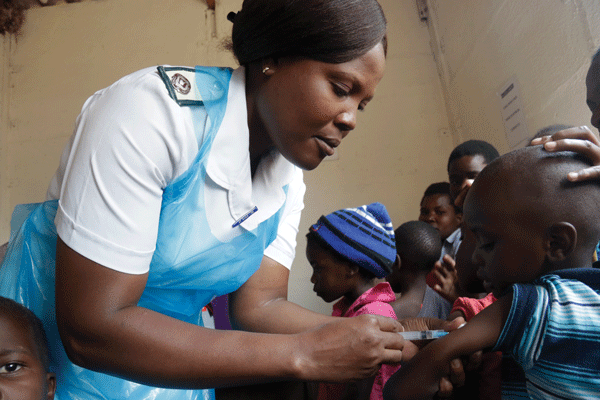
By Phyllis Mbanje
ZIMBABWE should draw serious lessons from other countries who have successfully implemented national health insurance schemes that cater comprehensively for every citizen to ensure the attainment of universal health coverage (UHC), stakeholders have said.
High cost of medicines compounded by persistent industrial action by health workers has made it virtually impossible for ordinary citizens to access basic health care.
The call came as most health insurance providers have indicated that they will, from July 1, hike their fees by between 40% and 80% to cushion their businesses against inflation.
“In the absence of a national safety net coupled with the current prohibitive cost of health care services, it is imperative that Zimbabwe sets up a UHC, where all people receive quality and essential health services when they need them including services designed to promote better health, prevent illness, and to provide treatment, rehabilitation and palliative care of sufficient quality, while at the same time ensuring that the use of these services does not expose the
user to financial hardship,” Community Working Group on Health executive director Itai Rusike said.
Last month, Health minister Obadiah Moyo told the Parliamentary Thematic Committee on HIV and Aids that government was in the process of crafting a National Health Insurance Bill.
“This law will also control medical aid societies so that they do not just do what they want, so this Bill will ensure that they do not become service providers,” Moyo said.
- Chamisa under fire over US$120K donation
- Mavhunga puts DeMbare into Chibuku quarterfinals
- Pension funds bet on Cabora Bassa oilfields
- Councils defy govt fire tender directive
Keep Reading
The health policy, which is expected to be operational by January next year, has been on the drawing board for the past 15 years.
The cost of health care in Zimbabwe remains one of the highest in the region and over the years, has denied many people access to quality medical care.
Most private health institutions are now demanding payment in hard currency or the parallel market equivalent in bond notes or RTGS dollar payments.
Meanwhile, medical aid providers have also been challenged to come up with schemes for the lower income bracket as many low-income earners are battling with shortfalls and co-payments, which can be prohibitive given the current economic situation.











